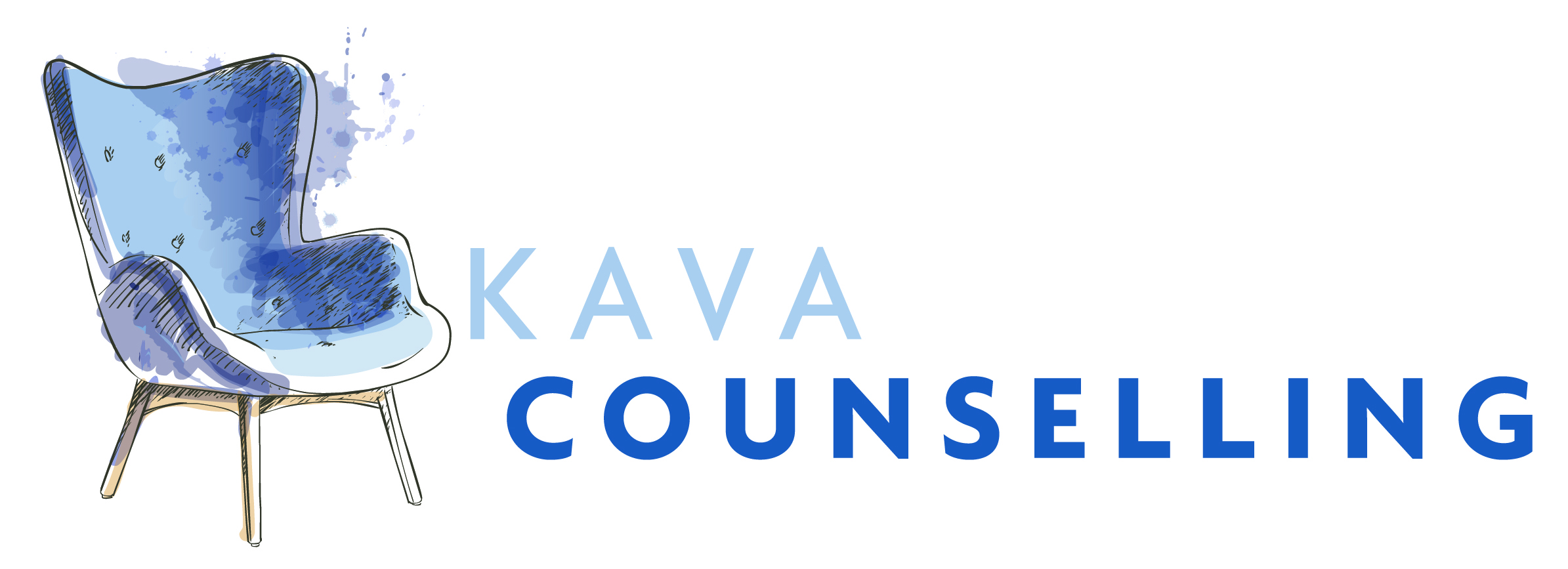What happens in #counselling? In five steps.
#1 You get used to sound of your voice and to us speaking - that’s what counselling is. A session creates the space for you to say whatever is in your heart, in your mind or in your gut.
#2 Because we open up it’s important that sessions are confidential (unless there’s danger of serious harm, which I’m professionally obliged to act upon: in over 450 sessions that’s happened once, and we talked it through.)
#3 More importantly, I won’t judge you, I won’t criticise or question you. I won’t be freaked out or change the subject or try to persuade you not to talk about an issue I feel nervous about - which happens ALL the time in real life - but not here, because this session is specifically and solely for YOU.
So, you’ve shared your thoughts and I’ve accepted them - now what? Well, when I (or another skilled person) accept and validate your feelings, you can begin to trust that they’re okay, that YOU’RE okay, whatever the circumstances.
#4 Now you can relax & stand down the threat mechanism: when you’re not on high alert your rational mind kicks in, you can be objective. That means you can look at that inner conflict, the push and pull of “I should” vs. “I don’t want to!” “Why can’t I just?” “Oh just get on with it!” And on and on…
NB If you do feel anxiety or distress, I might invite you to focus on your breath, and sensations in your body. I could talk you through a simple, evidence-based exercise to calm the central nervous system.
Why? Because only when we’re calm can we have perspective: that’s why compassion is the way we find our way through, instead of fighting a ton of self-judgement. Put it down, just for now. You can pick it up later.
#5 How long will all this take? It’s up to you. A minimum of six sessions, usually twenty, or it can be open ended. You can leave and come back. I’ll keep an eye on the process and invite you to review.
If you want a space to find out what you think and if you want that in your head, get in touch.
